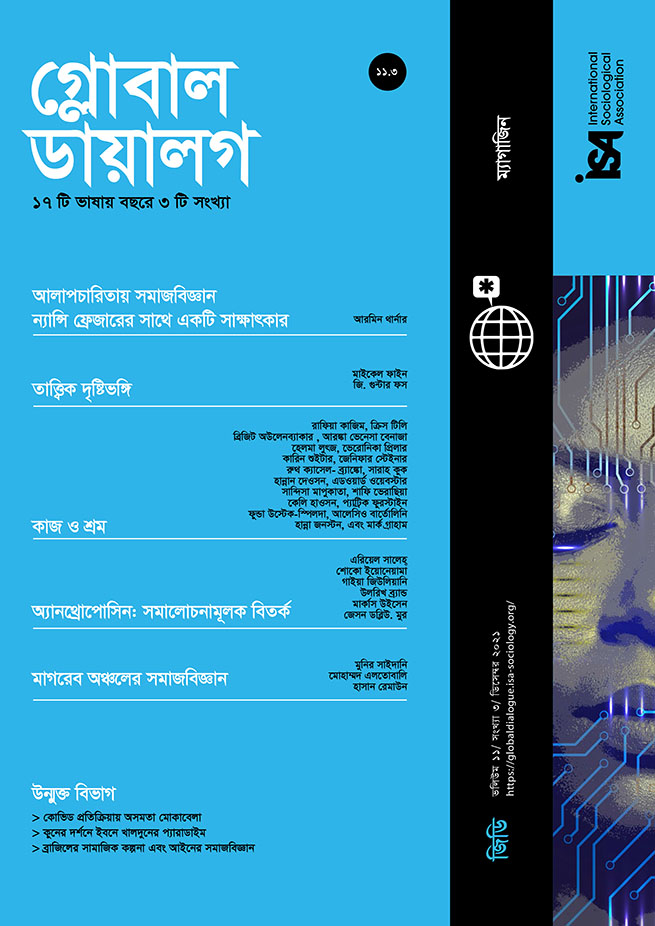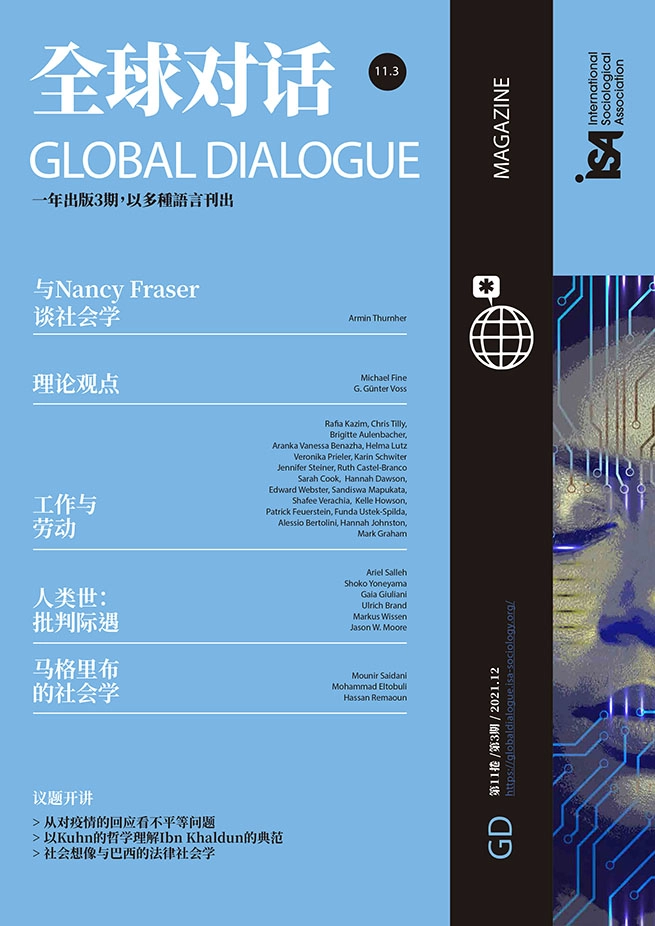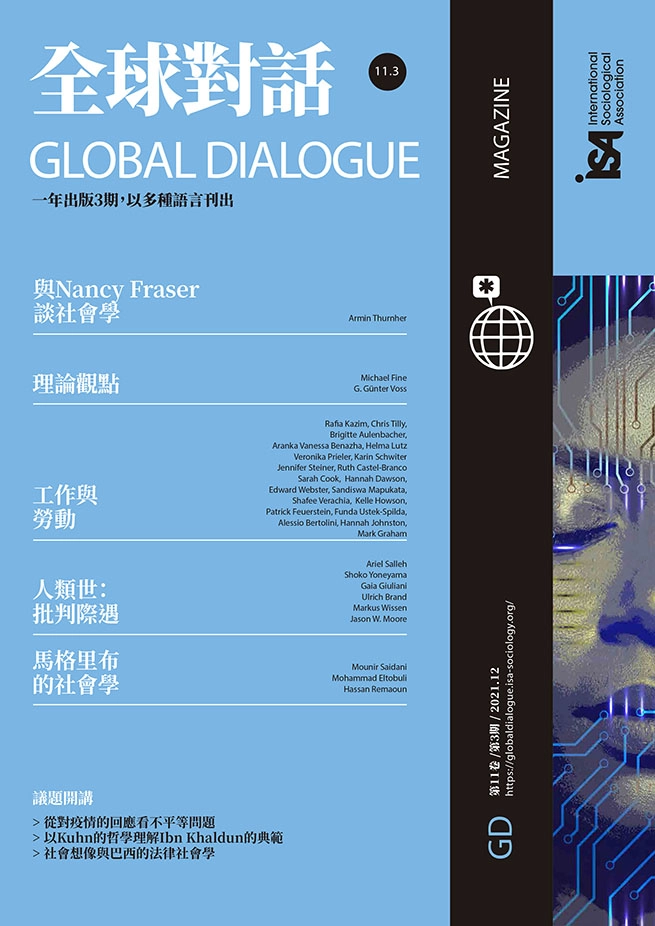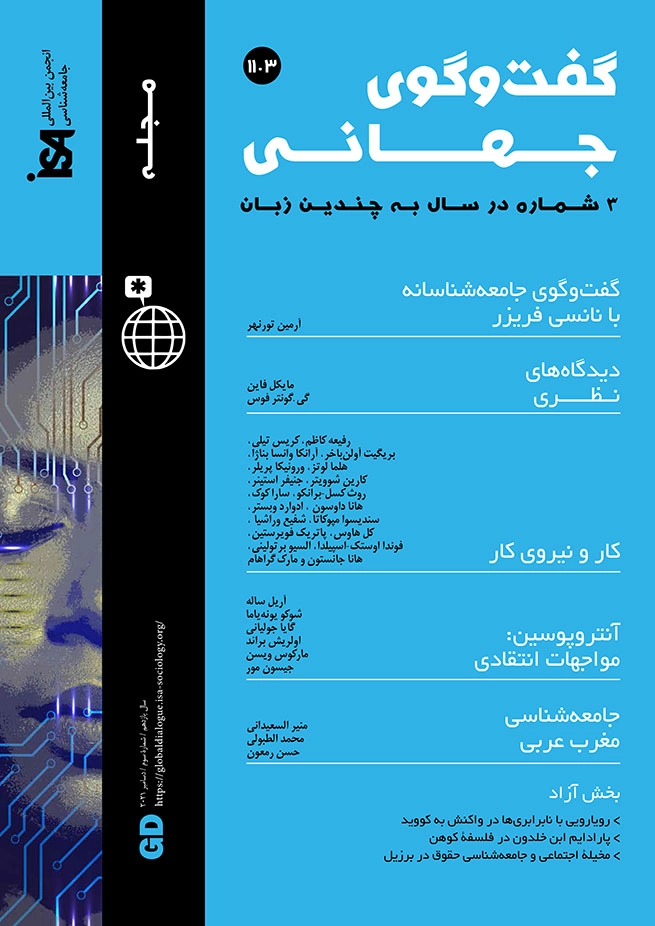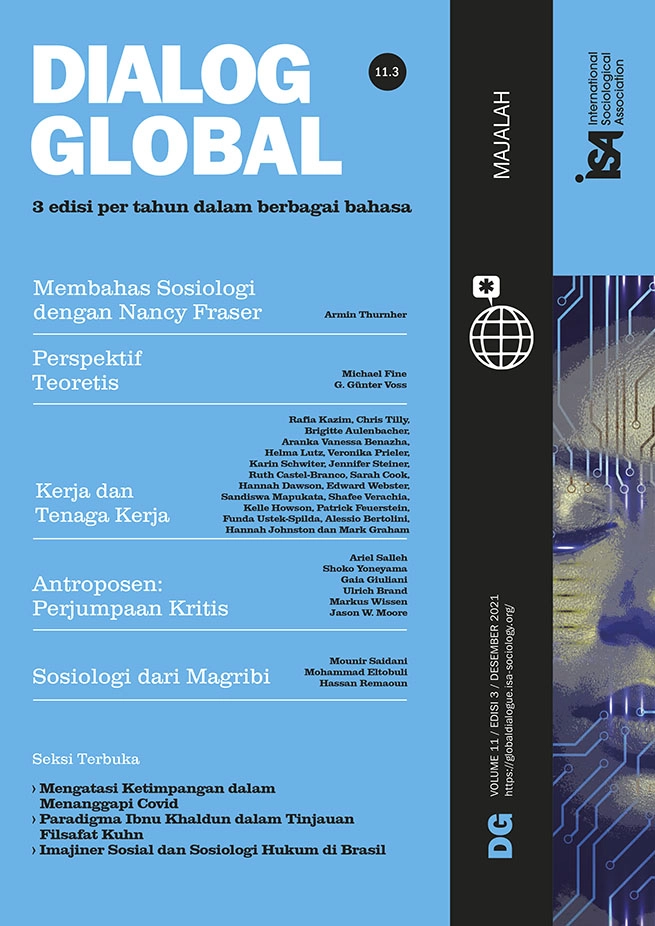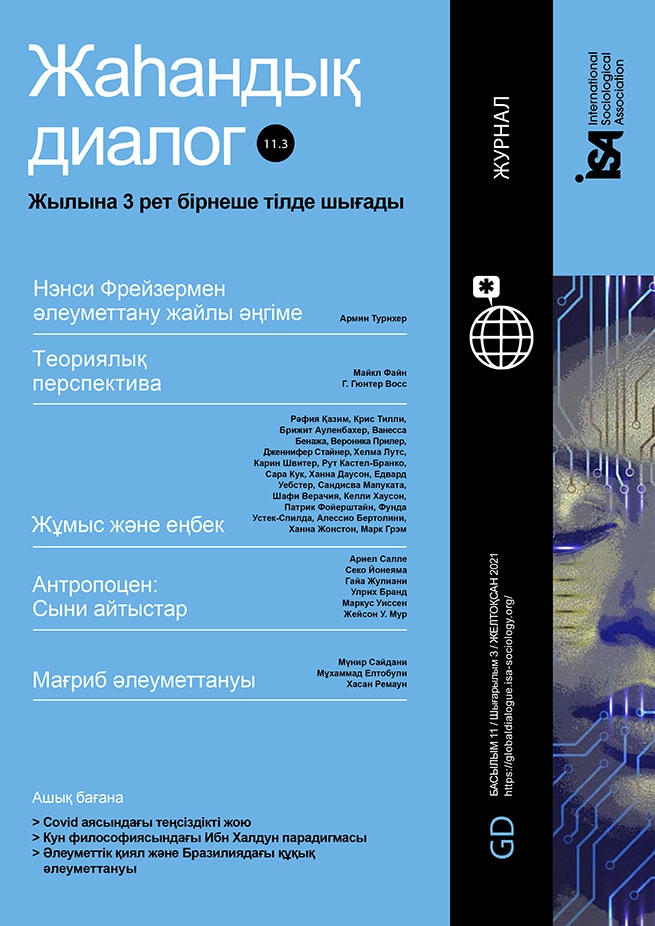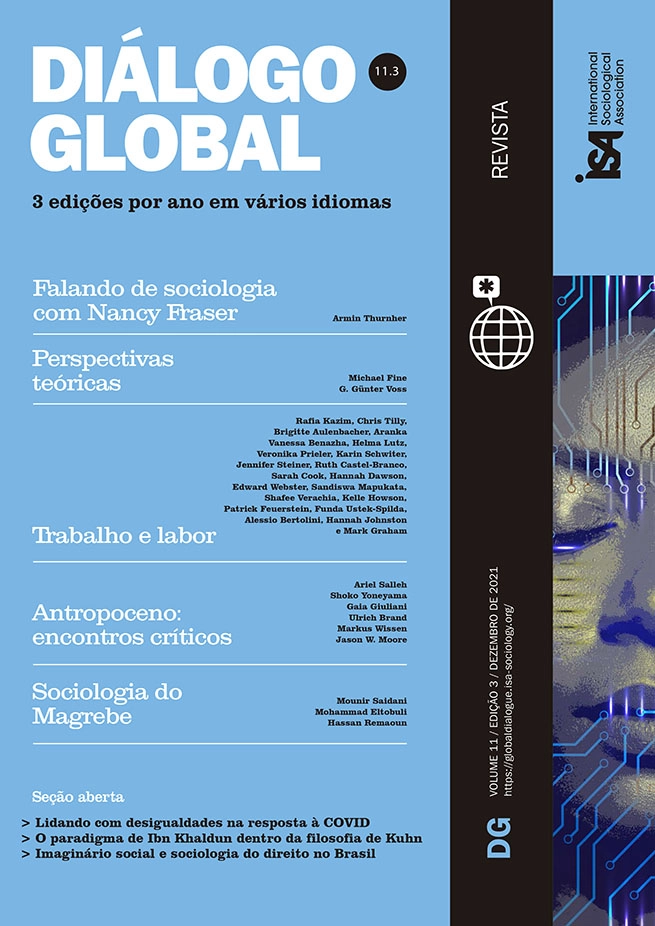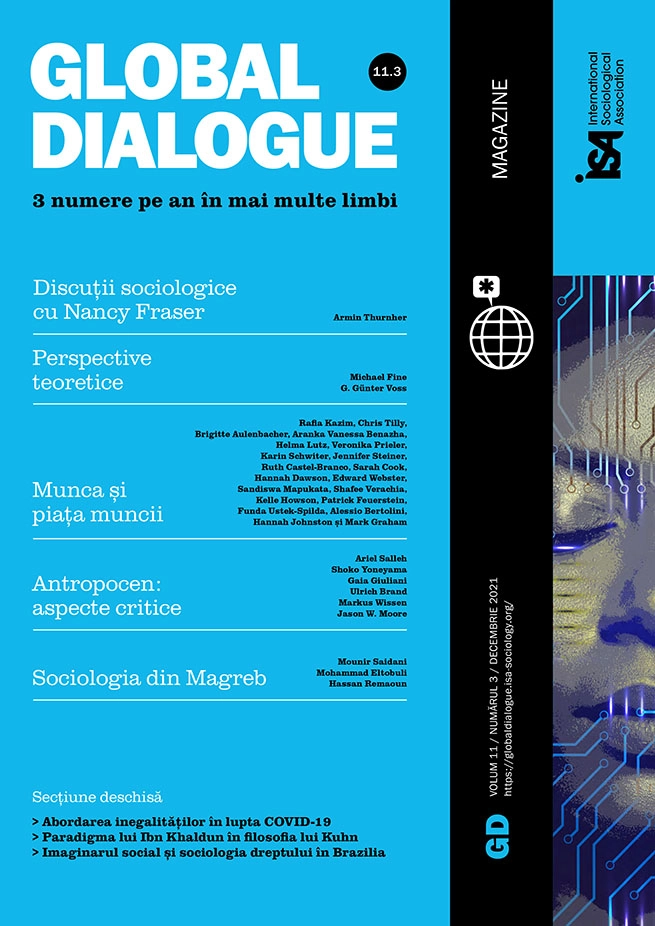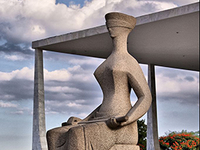Ibn Khaldun’s paradigm within Kuhn’s philosophy
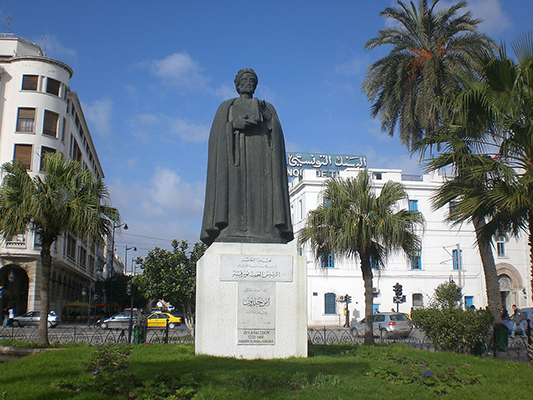
November 05, 2021
This article focuses on Ibn Khaldun’s discovery and invention of his New Science called in Arabic “Ilmu al umran al bashari”, that is, “the science of human civilization and social organization” in his famous book The Muqaddimah. Here I use modern philosophy’s perspective of science and Kuhn’s concepts of paradigm, normal science and revolutionary science to shed light on the process that led Ibn Khaldun (1332-1406) to discover his new social science paradigm.
Familiarity with the literature of modern philosophy of science is highly relevant to capture the revolutionary scientific spirit of the author of the Muqaddimah. I outline Kuhn’s concepts in order to understand what he calls the shift from normal science to revolutionary science and to evaluate Ibn Khaldun’s social thought.
The concept of paradigm
In ordinary speech the word “paradigm” designates a typical example or model to be replicated or followed. In normal times, there is a consensus across the relevant scientific community about the theoretical and methodological rules to be followed, the instruments to be used, the problems to be investigated, and the standards by which research is to be judged, as Kuhn writes in The Structure of Scientific Revolutions. This consensus derives from the adoption by the scientific community of some past scientific achievements as its model or paradigm. As explained below, this concept of the “paradigm” revolutionized thinking about the philosophy of science.
Normal and revolutionary science
In his book, Kuhn refers to two types of science: normal science and revolutionary science. Kuhn considers normal science as a science where scientists share common knowledge, concepts, theories, rules in their fields. Deviance from that would make them outcasts from the domains of sciences. As such, normal science is based on the assumption that the scientific community knows what the world is like. Normal science views past scientific achievements as legitimate foundations for its further practice. To this end, normal science often suppresses fundamental novelties because they are necessarily subversive of its basic commitments. Thus, as Kuhn explains, normal science can achieve progress and advancement through the cumulative process of scientific achievements.
However, Kuhn points out that a scientific revolution is a non-cumulative developmental episode in which an older paradigm is replaced in whole or in part by an incompatible new one. In Kuhn’s view, a scientific revolution that results in paradigm change is analogous to a political revolution. The latter begins with a growing sense by members of the community that existing institutions have ceased to meet adequately the problems posed by an environment that they have in part created: anomaly and crisis. Transition from a paradigm in crisis to a new one from which a new tradition of normal science can emerge is not a cumulative process.
The crisis of Arab Muslim historiography
Kuhn’s perspective could be applied to Ibn Khaldun’s scientific scholarship. The first step in Khaldun’s scientific road is represented in his strong critical position on Muslim historians. He explicitly shows that Muslim historiography was in full crisis. His own terms, as reproduced below, speak very loudly about his attitude toward the lack of scientific credibility among those historians. The discipline of history or what Ibn Khaldun calls “the Art of History” did not appear to be in a good state in his time and before in the Muslim world. In Kuhn’s terms, Muslim historiography was in crisis and needed a solution in the form of a new revolutionary paradigm, previously defined as divorced from the cumulative intellectual heritage of Muslim historians. The author of the Muqaddimah criticized Muslim historians of different periods. This sole quote describes Ibn Khaldun’s view of the state of Muslim historiography:
“The outstanding Muslim historians made exhaustive collections of historical events and wrote them down in book form. But, then, persons who had no right to occupy themselves with history introduced into those books untrue gossip which they had thought up or freely invented, as well as false, discredited reports which they had made up or embellished. Many of their successors followed in their steps and passed that information on to us as they had heard it. They did not look for, or pay any attention to, the causes of events and conditions, nor did they eliminate or reject nonsensical stories. Little effort is being made to get at the truth. […] Blind trust in tradition is an inherited trait in human beings.”[1]
Ibn Khaldun’s revolutionary New Science
Ibn Khaldun’s discovery of his New Science matches Kuhn’s paradigm of revolutionary science. Ibn Khaldun states that his science is not the result of a cumulative process. As such, it is really a revolutionary science, in Kuhn’s terms. The author of the Muqaddimah admits that nobody has written in the subject of his new science: “In fact, I have not come across a discussion along these lines by anyone.” Ibn Khaldun mentions a number of thinkers and books like Aristotle’s Politics and the work of Mobethan[2] and books by Muslim thinkers. He affirms that his new science is not inspired by the thought of those books: “We became aware of these things with God’s help without the instruction of Aristotle or the teaching of the Mobethan.” Ibn Khaldun spells out some features of his new science: “[The subject] is in way an independent science. [This science] has its own peculiar subject – that is, human civilization and social organization. The discussion of this topic is something new, extraordinary, and highly useful.” However, Ibn Khaldun remains modest concerning the scope of his new innovated social science: “If […] I have omitted some point, or if the problems of [this science] got confused with something else, the task of correcting remains for the discerning critic.”
[1] Khaldun I. (1980 English edition, tr. F. Rosenthal) The Muqaddimah, vol. I :6-7.
[2] The word Mobethan refers to an Indian book analogous to Aristotle’s Politics.
Mahmoud Dhaouadi, University of Tunis, Tunisia and member of ISA Research Committees on History of Sociology (RC08), Sociology of Religion (RC22), and Language and Society (RC25) <m.thawad43@gmail.com>


